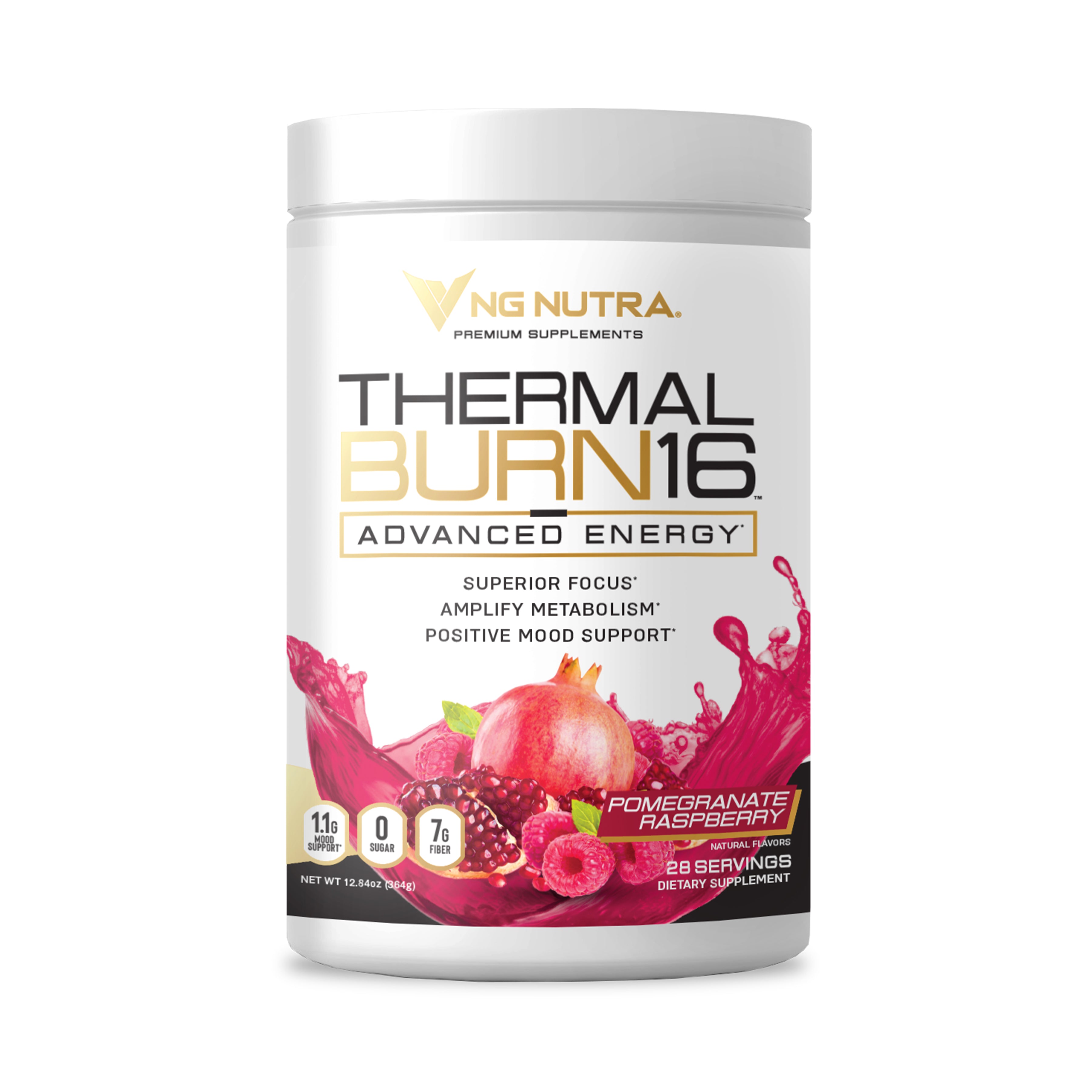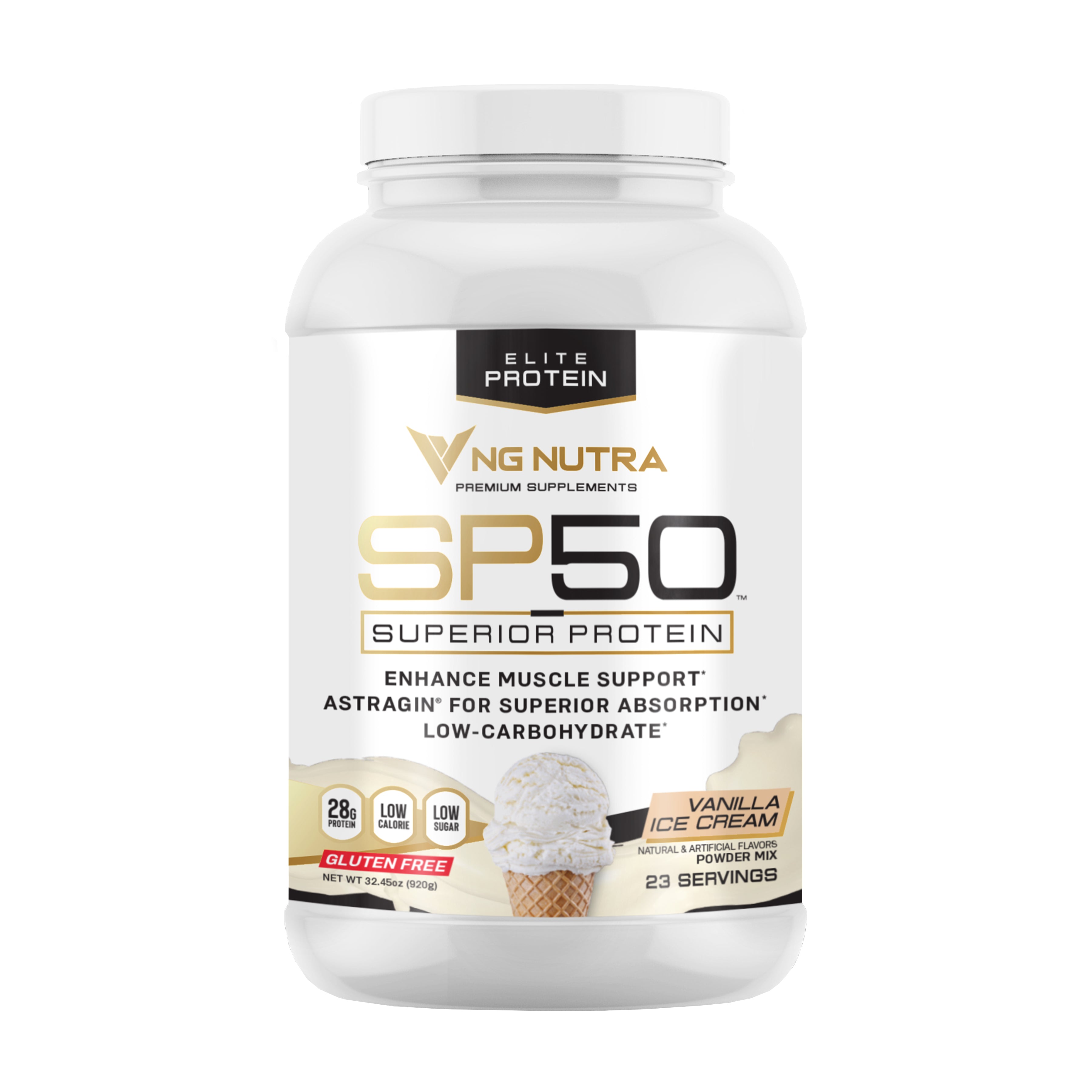METABOLISM/ENERGY
THERMALBURN16
CLEAN ENERGY*
POSITIVE MOOD SUPPORT*
SUPERIOR FOCUS*

WHY THERMALBURN16?
Whether you need a pre-workout kick, a midday pick-me-up, or extra motivation to stay active, ThermalBurn16 is the perfect addition to your routine. With a variety of delicious flavors and convenient stick packs, you can take your energy boost anywhere. Elevate your metabolism, enhance your focus, and feel unstoppable with ThermalBurn16.











